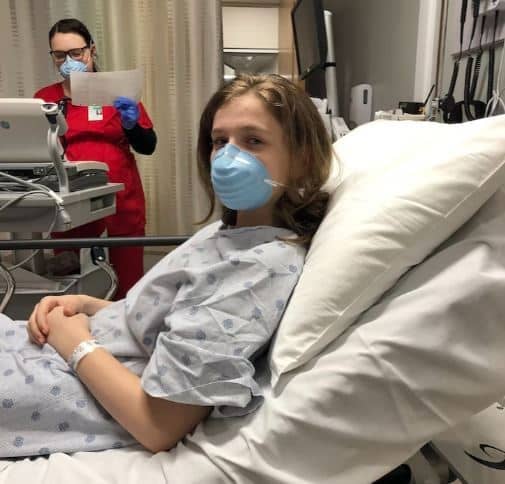Study Finds Significant Improvement in Patient Safety

WASHINGTON — The rate of “adverse events” or harm that came to patients while receiving in-hospital care fell significantly in the U.S. in the decade prior to the onset of the COVID-19 pandemic, according to a study carried out under the auspices of the U.S. Agency for Healthcare Research and Quality.
During the study, which was published in the Journal of the American Medical Association, researchers found significant decreases in in-hospital adverse event rates for heart attack, heart failure, pneumonia and major surgical procedures.
After reviewing records of nearly 245,000 patients in more than 3,100 hospitals between 2010 to 2019, this study shows that pre-COVID hospital care was getting safer.
Researchers of this study tracked a total of 21 adverse events over the study period.
Examples of the events included adverse medication events such as those associated with the use of insulin or anticoagulants, infections such as central line–associated bloodstream infections and catheter-associated urinary tract infections, and post-procedure events such as those associated with hip joint or knee joint replacement surgeries or postoperative cardiac events.
“America’s doctors, nurses, and allied health workers dedicate their professional lives to serving patients and keeping them safe,” said agency director Robert Otto Valdez in a written statement.
“These study results indicate that we know how to improve patient safety by working together and that we can sustain those results over time,” Valdez continued.
“The pandemic has undoubtedly put those successes at risk, but this study should provide motivation for health care officials to rebuild and rededicate ourselves to a patient and provider safety doctrine.”
This analysis is the most comprehensive evaluation to date of adverse events that occurred in hospitalized patients in the United States.
Adverse events are often defined as physical or psychological harm caused by a person’s interaction with the health care system (rather than the underlying disease) that may result in prolonged hospitalization, pain, discomfort, a disability or even death. Tracking the rates of adverse events is a common way of measuring changes in patient safety.
Dan can be reached at [email protected] and at https://twitter.com/DanMcCue.
























